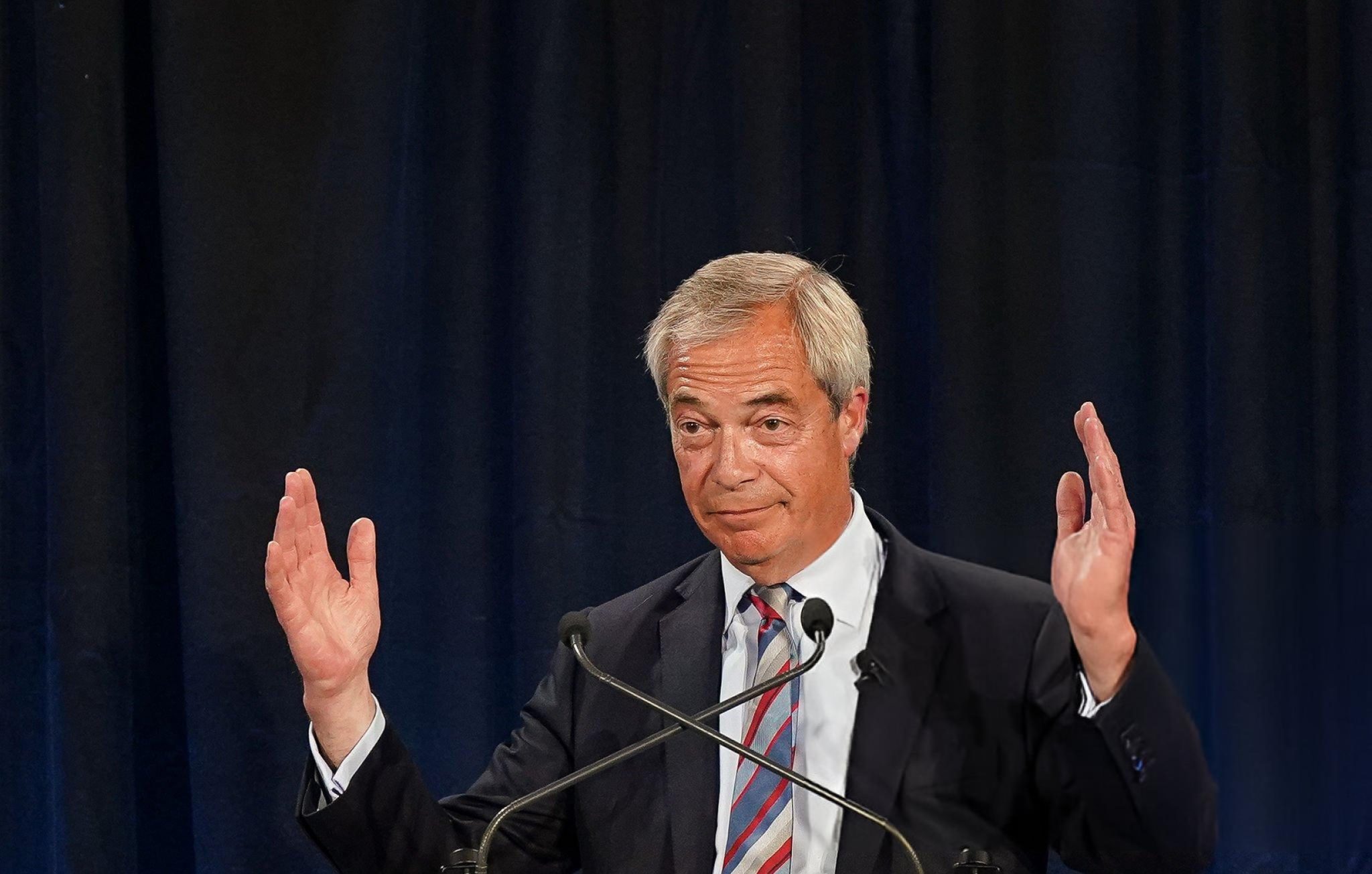Reform UK has become the first British political party to accept donations in Bitcoin and other cryptocurrencies, according to party leader Nigel Farage, who made the announcement at the Bitcoin Conference in Las Vegas on Thursday.
Mr Farage, who has long championed anti-establishment causes, told the audience that Reform UK is embracing digital finance to position Britain at the forefront of the cryptocurrency revolution. “As of now, provided you are an eligible UK donor, we are the first political party in Britain that can accept donations in Bitcoin and other cryptocurrencies,” he declared to a round of applause.
“Once again, we’re being innovative,” he added.
The party’s official website now features the option to contribute via cryptocurrency, alongside a clear disclaimer noting that all donations must comply with Electoral Commission regulations. Anonymous donations remain strictly prohibited under UK law, ensuring full transparency over the source of political funding.
Farage used the occasion to appeal directly to younger voters, positioning Reform UK as a modern, forward-thinking party aligned with technological advancement. “My message to the British public, my message particularly to young people, is help us to help you bring our country properly into the 21st century,” he said.
“Let’s recognise that crypto, Bitcoin, digital assets, are here to stay.”
He further promised that, if Reform UK were to win the next general election, it would bring in sweeping crypto reforms through what he termed a Crypto Assets and Digital Finance Bill. The proposed legislation, according to Farage, would not only legitimise cryptocurrency use in the UK but also establish the country as a key hub for global digital asset trading.
As part of this proposed bill, Farage claimed: “We’re going to have a Bitcoin digital reserve in the Bank of England.”
The former UKIP leader also committed to making London one of the world’s major trading centres for cryptocurrencies, indicating a wider ambition to restore the capital’s reputation as a global financial powerhouse in the post-Brexit era.
The announcement comes amid growing interest in cryptocurrencies across the UK. A recent survey indicated that 12% of UK adults now either own or have previously owned cryptoassets, a sharp rise from just 4% in 2021. Once seen as a niche or volatile investment, digital currencies like Bitcoin are becoming increasingly mainstream.
The Government has also begun to take a more structured approach. Chancellor Rachel Reeves, speaking at a fintech conference last month, announced a framework to regulate cryptoassets. Her goal, she said, was to make the UK a “world leader” in digital finance, pledging to “back the builders” by bringing crypto firms under the same regulatory standards as traditional financial institutions.
While some see these developments as positive, others have raised concerns. Critics of cryptocurrencies point to their volatility, association with money laundering, and lack of consumer protections. However, Farage dismissed such concerns in his speech, framing them as excuses for regulatory inaction and resistance to change.
“The old guard has failed. They’ve missed the digital wave. We’re not going to make that mistake,” he said. “A digital future is coming whether they like it or not – and we’re ready.”
Reform UK’s move into the crypto space signals a bold new chapter in British political fundraising and policy-making. Whether voters will embrace this techno-populist approach remains to be seen, but Farage clearly believes that digital currency and digital sovereignty go hand in hand.
As the general election draws closer, Reform UK’s flirtation with cryptocurrency could shake up traditional campaign finance — and possibly appeal to a generation looking for political and financial alternatives.






